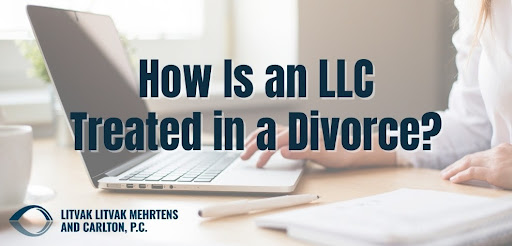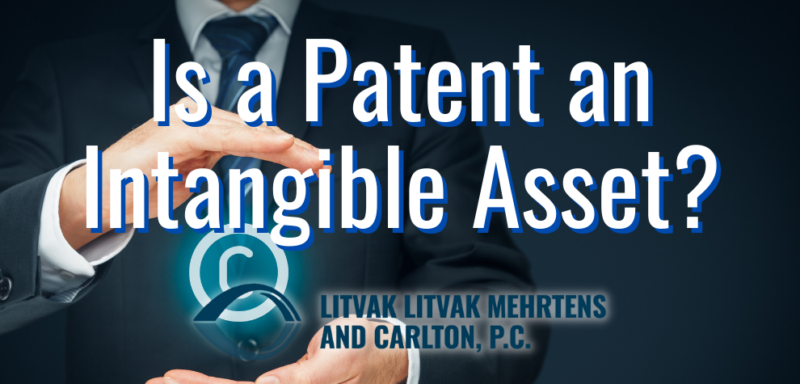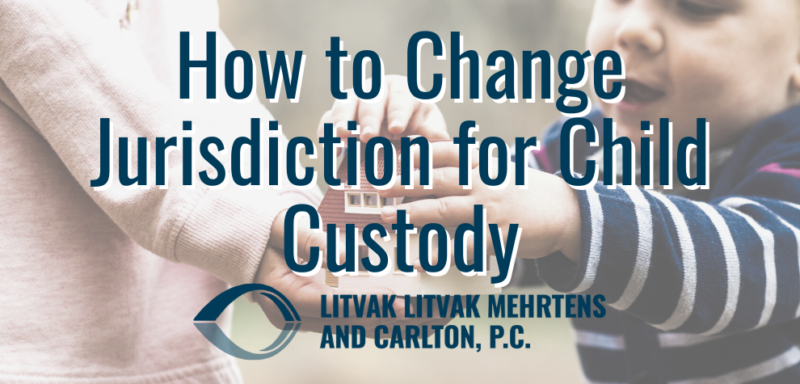Who doesn’t want a win-win situation, especially when it comes to money? There are several choices you may make that can benefit both your life and your bank account. Giving to charity is one such option. The tax advantages of charitable giving may be able to assist you in reducing your tax burden in the future. Donating to charity can provide tax benefits as well as income for your heirs. Consider the following charitable giving strategies and tax benefits to lower your present and future tax burden while aiding a worthy cause or your community.
Our Denver divorce lawyers at Litvak Litvak Mehrtens and Carlton have a plethora of knowledge and diverse techniques to get your finances back on track. We assist our clients in a variety of high-asset divorce situations and offer guidance on how various financial solutions might help. Please call our office at 303-951-4506 or fill out our online intake form to make an appointment with us.
What Is Charitable Giving?
Charitable giving is defined as a gift of money or property to a charity organization in order to assist it in attaining its goals for which the contributor receives nothing in return. Individuals and corporations in the United States can deduct charitable contributions from their federal tax returns.
Different Ways to Exercise Charitable Giving
When it comes to taxes, charity during your lifetime has two benefits: tax deductions and estate reductions. You’ll also be able to see how your gift is helping others.
Compile Your Donations in Higher Income Years
Charity comes to mind at various times throughout the year, such as on Giving Tuesday or as we near the end of the year. You may make more in certain years than others, depending on your circumstances. For instance, if you get a huge bonus or sell a company. Instead of making smaller yearly payments, consider combining a few years’ worths of gifts to make a single bigger contribution and deduction during those prosperous years.
Because of the higher standard deduction under the Tax Cuts and Jobs Act, many people may not have to classify deductions every year. By combining gifts, you may itemize deductions in the high-income year while claiming the standard deduction in the other years. The maximum charitable contribution deduction is 60 percent of your adjusted income each year, although there are several exceptions.
Calculating your yearly income and comparing it to what you intend to earn in the future can help manage your philanthropic approach and maximize your tax deduction.
Donate Assets That Have Appreciated
You will owe capital gains tax if you sell assets that have gained in value considerably over time, such as stocks or real estate. Donating these assets to a qualified nonprofit organization is one way to avoid capital gains taxes. You may also be able to claim an income tax deduction for the asset’s market value. The charity that accepts your contribution will not be subject to capital gains tax and will benefit from the gift’s valuation.
Giving highly valued assets reduces the size of your overall taxable estate. Because the financial repercussions of an estate subject to estate tax can be as high as 40%, estate tax preparation is essential. Taking high-growth assets out of your estate might help you reduce the amount of your taxable estate in the long run.
Use a DAF
Giving through a charitable vehicle, like a donor-advised fund, is another way to boost your deductible while reducing capital gains tax and maybe inheritance tax in the future. Many brokerage firms and community groups can assist you in establishing a DAF.
You can donate money or other assets to the fund, such as highly valued equities, and receive a tax advantage the same year. Over time, you can recommend fund disbursements to the projects and organizations that you care about, and the account will grow tax-free. To take advantage of a big tax benefit, time your gift to a DAF to coincide with a high-income year.
Roll Your Donations Over to Charity
Retirees with traditional IRA assets must take mandated minimum payments beyond the age of 72. Some persons may find themselves in a higher tax bracket after completing their RMD obligation.
Those who don’t need their RMD earnings after reaching the age of 70 1/2 can use the qualified charitable deduction or a gift rollover option. QCDs allow you to contribute up to $100,000 of your RMD straight to an eligible charity and deduct the amount from your income taxes.
How to Use a Will or Trust for Philanthropy
Donating to charity through your will or trust is a common way to make a difference and give. While contributing during your lifetime provides you with double tax benefits, leaving a charitable legacy allows you to ensure that your own financial needs are addressed before distributing assets to others.
Name a Charity as a Beneficiary of Your Retirement Plan
A tax-advantaged alternative for donating following your death is to name an eligible charitable organization as the benefactor of your retirement plan. If you identify your heirs as recipients of your plan, they may be subject to income tax and possibly estate tax on withdrawals, depending on the size of your taxable estate.
In addition, the SECURE Act recently changed the rules for inherited IRAs, making them less desirable to heirs. Beneficiaries can only postpone distributions for up to ten years before having to make full withdrawals and pay taxes, limiting the tax-deferred potential growth of received IRAs.
Giving non-Roth retirement savings to an eligible charity and other assets to your successors can greatly reduce your successors’ tax payment because charitable organizations are tax-exempt. Even donating a portion of your retirement money to charity might give tax benefits to your heirs.
What Is a Charitable Trust?
You may make a real difference now and in the future by establishing a charitable trust. Depending on your situation, there are a variety of options. Two of the most common alternatives are charitable remainder trusts and charitable lead trusts.
Charitable Remainder Trusts
A charitable remainder trust, or CRT, is an irrevocable trust that allows the grantor, or owner, of the trust to transform valuable and important assets into a source of income. When the asset is given, the grantor receives a tax credit, decreases capital gains taxes when the item is sold and may be able to minimize future inheritance taxes. The remaining trust assets are allocated to the grantor’s eligible nonprofit groups when the grantor or the grantor’s specified non-charity successors die or the income flow’s term expires.
Charitable Lead Trusts
A charitable remaining trust is the opposite of an irrevocable charitable lead trust. After a preset length of time, a CLT pays a flow of cash to a qualifying charitable organization, then assigns the remaining trust assets to the grantor’s successors. The grantor receives a tax credit for the current worth of the income source donated to charity, and they can remove highly valued assets from the estate and pass them on to successors without fear of gift or estate taxes.
Why Should You Work With an Attorney?
Although these charitable giving tactics have benefits, knowing the optimal time to apply them or which techniques would work best in your situation can be challenging. Working with knowledgeable financial, tax, and estate planning professionals can assist you in developing the optimal giving strategy to accomplish your charitable goals while also saving money on taxes in the present and future. In Denver, Litvak Litvak Mehrtens and Carlton offer consultations with skilled attorneys. To put it another way, we have the financial expertise to help you plan for the future.
Contact Litvak Litvak Mehrtens and Carlton Today
At Litvak Litvak Mehrtens and Carlton, our Denver divorce attorneys have extensive knowledge and experience helping clients plan the finances of their future. Especially in high-asset divorce cases, it’s important to protect your personal finances. If you have questions about divorce in Colorado, common child support problems, or a related issue, we’re here to help. To arrange a consultation with us, please call 303-951-4506 or fill out our online intake form today.






